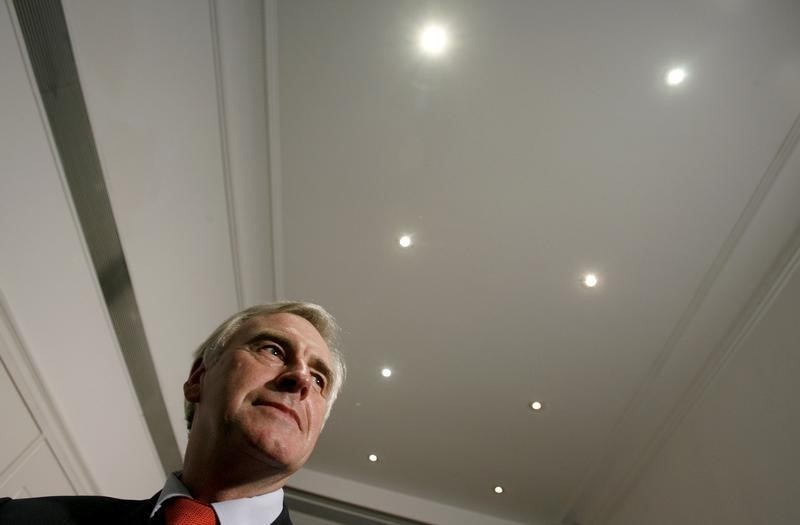LONDON (Reuters) - Opposition Labour Party will partly back the government's goal of achieving a budget surplus within five years but will oppose cuts that hurt investment, the poor or average earners, the party's finance spokesman said on Saturday.
Jeremy Corbyn, a veteran of the Labour Party's left, won the party's leadership this month on an anti-austerity platform, and had said Britain did not need to follow Conservative Finance Minister George Osborne's timetable for deficit reduction.
But Corbyn's long-time ally and finance spokesman John McDonnell said he would back the government's 'charter' setting out medium-term budget goals.
"We will support the charter. We will support the charter on the basis we are going to want to balance the book, we do want to live within our means and we will tackle the deficit," McDonnell told The Guardian daily newspaper before the party's annual conference.
The charter sets out the goal of eliminating a budget deficit of just under 5 percent of national spending by the 2019/20 tax year, and running budget surpluses thereafter.
Labour suffered an unexpectedly big defeat in May's national election, in part because many voters still blamed the party for borrowing too much when it was last in power in 2010.
However, McDonnell said investment spending should not be counted towards the government's balanced budget target, and opposed how the government intended to cut spending.
"Our basic line is we are not allowing either middle or low earners or those on benefit to have to pay for the crisis. It is as simple as that," McDonnell said.
More public investment would help the economy grow faster and provide an alternative way to reduce borrowing as a share of national income, he added.
Corbyn received little support from Labour members of parliament or large individual donors during his leadership campaign, in contrast to a warm reception from trade unions and most ordinary party members.

Corbyn's critics say he will drive away the centre-ground voters generally regarded as decisive for winning a parliament majority under Britain's electoral system, and some donors have said they will no longer fund the party.